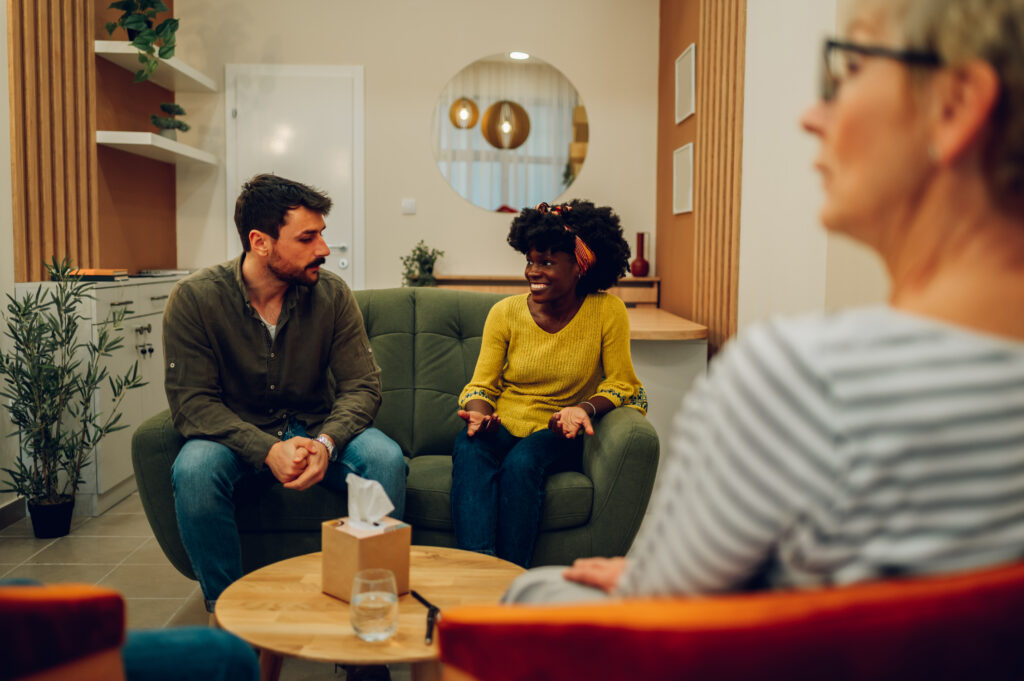Addiction doesn’t just affect the person struggling with substance use—it impacts the entire family. The emotional, financial, and relational strain caused by addiction can lead to deep fractures within a family unit. However, just as addiction disrupts family dynamics, healing can also happen together. Family therapy plays a critical role in addiction recovery, fostering understanding, rebuilding trust, and creating a strong foundation for long-term healing.
Why Family Therapy Matters in Addiction Recovery
Recovery is not a solo journey. While individual therapy helps people in treatment understand their triggers and develop coping mechanisms, family therapy addresses the bigger picture—how relationships and family systems contribute to and are affected by addiction. The goal is to create a healthier, more supportive environment that reduces the risk of relapse and promotes lasting change.
How Addiction Affects Families
When a loved one struggles with addiction, family members often experience a range of emotions—anger, guilt, shame, frustration, and fear. These feelings can manifest in different ways, including:
- Enabling behaviors – Trying to “fix” the person struggling with addiction by covering up mistakes, making excuses, or providing financial support despite ongoing substance use.
- Codependency – Prioritizing the needs of the addicted individual over personal well-being, leading to emotional exhaustion and resentment.
- Breakdown of trust – Repeated dishonesty, broken promises, and unpredictable behavior can erode trust among family members.
- Unhealthy communication patterns – Families may develop negative cycles of blame, avoidance, or passive-aggressive behavior.
Family therapy helps uncover and address these challenges, guiding the family toward healthier ways of interacting and supporting one another.
The Benefits of Family Therapy in Addiction Recovery
-
Restoring Communication
Addiction can create walls between family members, making open and honest communication difficult. Family therapy provides a structured space where everyone can express their thoughts and emotions in a safe and constructive way. This leads to greater understanding and fosters empathy among family members. -
Setting Healthy Boundaries
One of the biggest struggles families face is distinguishing between support and enabling. Family therapy helps loved ones learn how to set healthy boundaries that encourage accountability while still providing emotional support. -
Breaking the Cycle of Addiction
Many families have a history of substance use, trauma, or mental health challenges that contribute to patterns of addiction across generations. Therapy helps identify these patterns and offers strategies to break the cycle for future generations. -
Building a Strong Support System
People in recovery need a stable support system to maintain long-term sobriety. Family therapy helps loved ones understand how they can be allies in the recovery process, whether by learning about triggers, participating in relapse prevention planning, or simply being a source of encouragement. -
Healing Emotional Wounds
Addiction often leads to betrayal, disappointment, and emotional pain. Family therapy provides a path for reconciliation, allowing both the person in recovery and their loved ones to process their experiences and work toward forgiveness.
Healing Together for a Brighter Future
Recovery is about more than just sobriety—it’s about rebuilding relationships, restoring trust, and creating a healthier, happier life. When families engage in the recovery process together, they strengthen their connection and improve the chances of long-term success.
At Summit Helps, we believe in the power of family therapy to transform lives. If you or a loved one is struggling with addiction, we’re here to support you every step of the way. Healing happens together—let’s take the next step forward.
